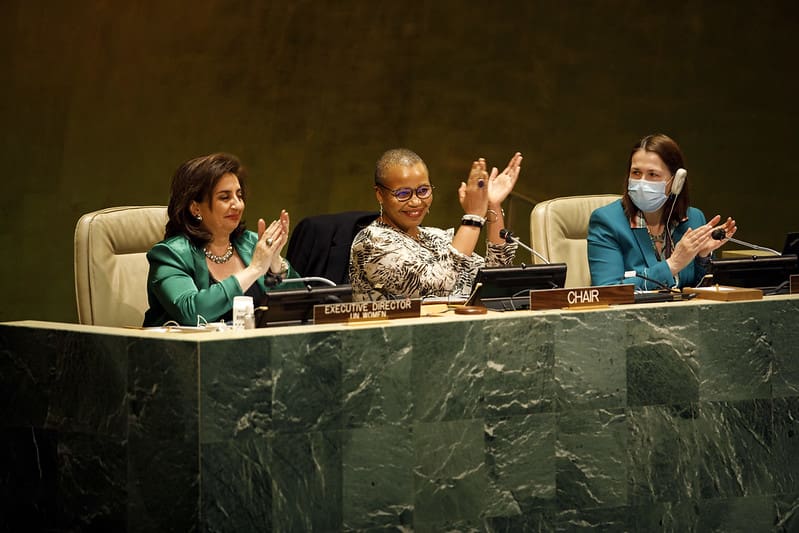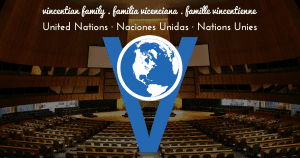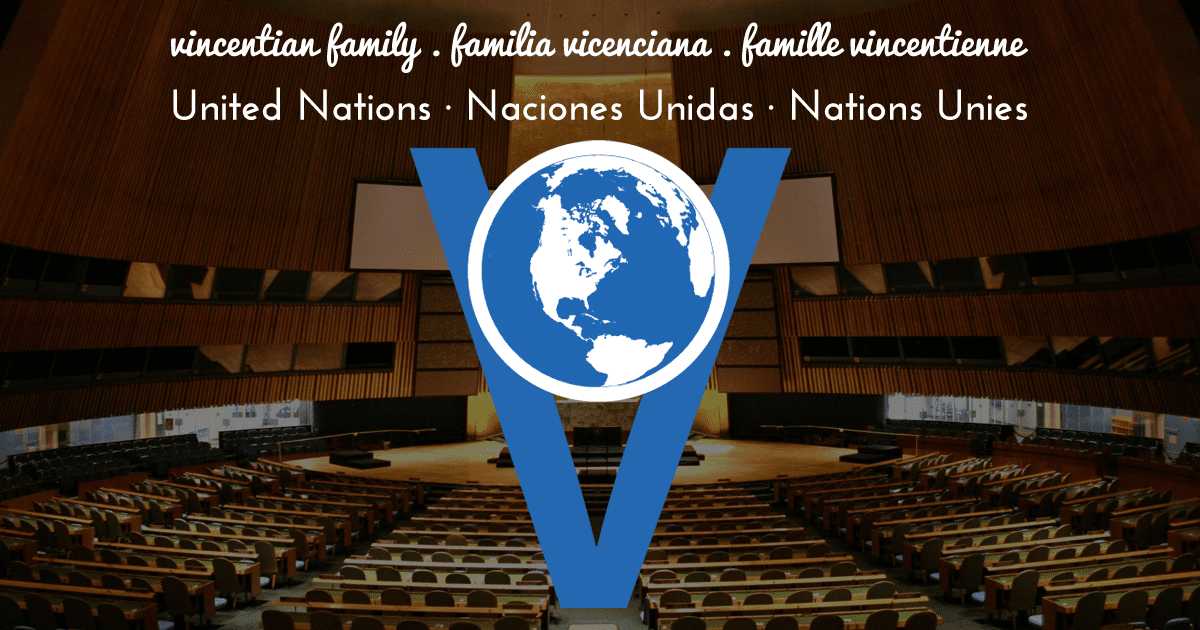The 66th Commission on the Status of Women – The Process of Arriving at Agreed Conclusions
Much of this overview is taken from Soroptimist International.
Held in the United Nations in New York form 14-25 March 2022, the theme was ‘Achieving gender equality and the empowerment of all women and girls in the context of climate change, environmental and disaster risk reduction policies, and programs’. It is never a given that there will be agreed conclusions adopted. It is noteworthy that it did occur this year.
Agreed Conclusions are the formal outcome of each annual Commission on the Status of Women (CSW) meeting. They start with a Zero Draft provided by UN Women as the Secretariat a few months before the March meeting of the Commission. This document is then commented on by all UN Member States, civil society organizations, and non -governmental organizations (NGOs), who add points related to the priority theme which they would like to see included. In the past the latter have usually made their comments through their own country delegations, but this year the NGO CSW Committees put together a statement with a series of ‘asks’ which were sent directly to UN Women for the attention of the facilitator.

Pictured: UN Women Executive Director Sima Bahous (at left) and CSW66 Chair Ambassador Mathu Joyini Permanent Representative of South Africa to the United Nations (at center) applaud the adoption of agreed conclusions during the closing of the 66th session of the Commission on the Status of Women on 25 March 2022 in the General Assembly Hall of United Nations Headquarters in New York. Photo: UN Women/Ryan Brown
Before the beginning of CSW all the comments are collated together and a further longer document results called REV 1. Member States then discuss this document informally well before CSW, in regional and ‘like-minded’ groups, submitting further comments to the facilitator. The facilitator will review the comments and try to bring similar suggestions together, editing where possible and producing another shorter version for Member States to continue negotiations on.
The discussions and negotiations go on usually briefly during the high-level first week of the CSW meeting, but then more extensively and intensely in the second week, often meeting long into the night.
Do Agreed Conclusions mean anything?
Even though adopted by the CSW formally, the Agreed Conclusions will still need to go through the formal UN processes, firstly for agreement at the Economic and Social Council (ECOSOC), and then at the UN General Assembly which takes many months.
Once the Agreed Conclusions were adopted at CSW66, Member States were able to make statements on their position regarding the content of the document. It is in very formal UN language and sometimes the words can be open to interpretation. In some cases, Member States will announce that they do not agree with paragraphs or sections of text; that wording they wanted included has not been, or even that because of their national sovereignty laws or policies, they will not be looking to implement particular parts of the document. It is important that in spite of these views there are no objections expressed at the final session, thus allowing adoption by consensus.
The discussions and meetings in New York each year should not be the end of the process. The actions suggested in the Agreed Conclusions should be taken back to each country and incorporated into their national policies and programs, and where possible embedded through legislation. Each year there is a review theme for CSW to consider which looks back at the Agreed Conclusions of a previous year and asks Member States to report on what they have done to implement the actions which were previously agreed.
CSW66 Agreed Conclusions were ground breaking and therefore ‘historic’ for the UN.
In presenting the text for adoption the facilitator, German Ambassador to the UN, H.E. Ms. Antje Leendertse said that this was an important outcome, for which negotiations had taken place over 60 hours since the Zero Draft had been issued in February 2022.
Following the adoption of the Agreed Conclusions by the Commission many Member States made statements which included the phrase ‘historic’ describing the content of this response to the priority theme.
These Agreed Conclusions are the first time CSW has recognized the connections between climate change and gender equality. They seek to recognize that all women and girls are disproportionately affected by the impact of climate change such as droughts and floods and other environmental crises, and offer specific actions which Member States, UN agencies and Civil Society/NGOs can take to ensure resilience, mitigation, and sustainable recovery, especially for all women and girls.
In choosing the priority theme for CSW66 the Commission were conscious that COP26 had taken place only a few months previously. COP26 featured strongly during the negotiations with many Member States not wishing to go back over the same ground covered by the Glasgow Climate Pact 2021.
There were many contentious issues discussed, often areas which have been the areas of disagreement in the past such as the inclusion of the terms ’girls’ and ‘young women’ in relation to leadership and decision making. ‘Family’ and ‘family-oriented policies’ once more came under scrutiny. Other familiar words and phrases causing dissension included ‘women’s human rights’, ‘sexual and reproductive health (rights)’, ‘LGBTIQ+’ and ‘in all their diversity’. New terms related to climate change causing challenges included ‘fossil fuels’, ‘climate justice’, ‘loss and damage’, ‘Net Zero’, and ‘environmental human rights defenders.
This CSW was indeed historic in more ways than one with concurrent global events demonstrating clearly why the Agreed Conclusions of each CSW need to be strong to protect women and girls. Many countries chose to draw attention to the impact of the invasion of Ukraine on women and children every time they spoke in open sessions.
At the same time as the CSW was meeting, the UN General Assembly was continuing in emergency session considering the plight of women and girls in Ukraine and across Europe, adopting a resolution on humanitarian aid.
Yet another global issue raised its head during the last few days of CSW with the interim Government of Afghanistan led by the Taliban choosing to stop girls going to secondary school despite a previous promise to the UN to provide all children with education. A special Security Council meeting was called to hold the Afghanistan interim Government to account for previous promises.
Next Steps
The final negotiations for official delegations took place face to face in New York, while NGOs had to follow as best, they could virtually. Being involved in the negotiations at a distance was very difficult. Usually, our representatives are standing at the door encouraging supportive negotiators to be brave, to find progressive language and move things forward for all women and girl The discussions and meetings in New York each year should not be the end of the process. The actions suggested in the Agreed Conclusions should be taken back to each country and incorporated into their national policies and programs, and where possible embedded through legislation. Each year there is a review theme for CSW to consider which looks back at the Agreed Conclusions of a previous year and asks Member States to report on what they have done to implement the actions which were previously agreed.








Nicely done, Natalie, very clear and informative. Clearly the UN is committed to address issues affecting especially women and girls, those who suffer most in all social ills. It’s good the VinFam NGOs @ the UN are actively involved. Thank you!